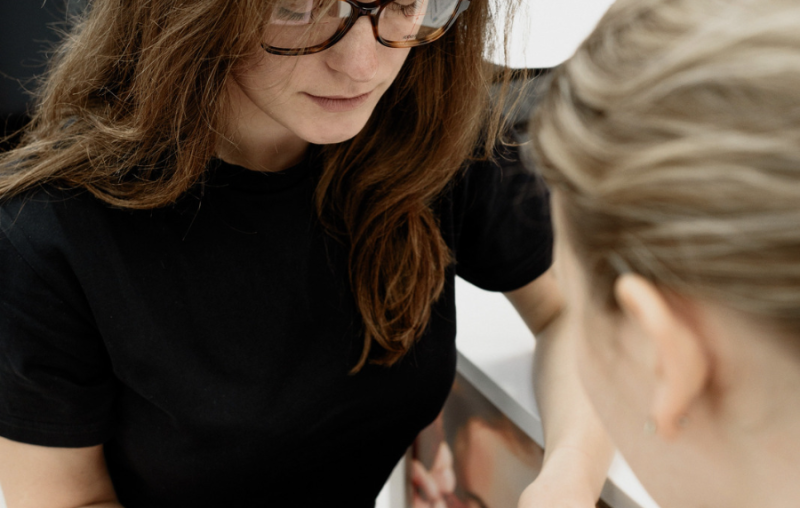

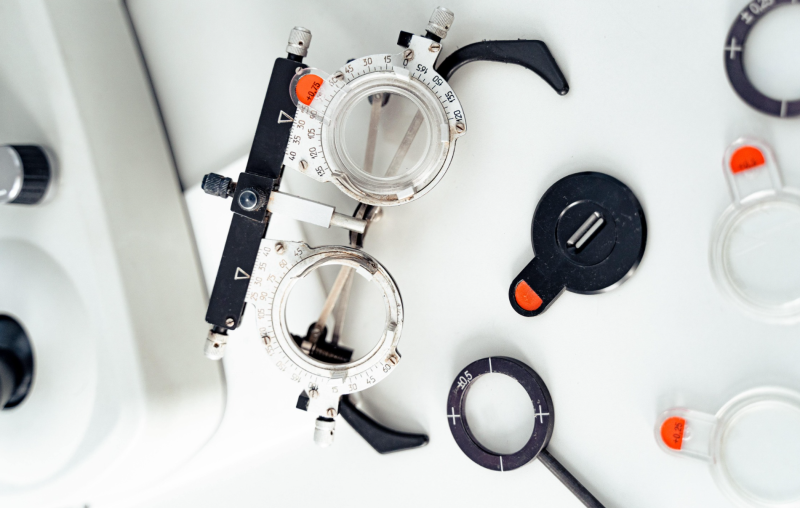

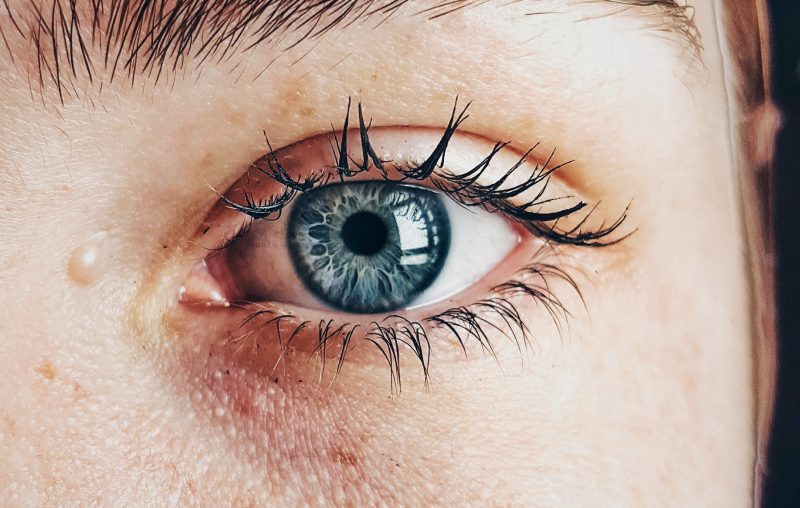
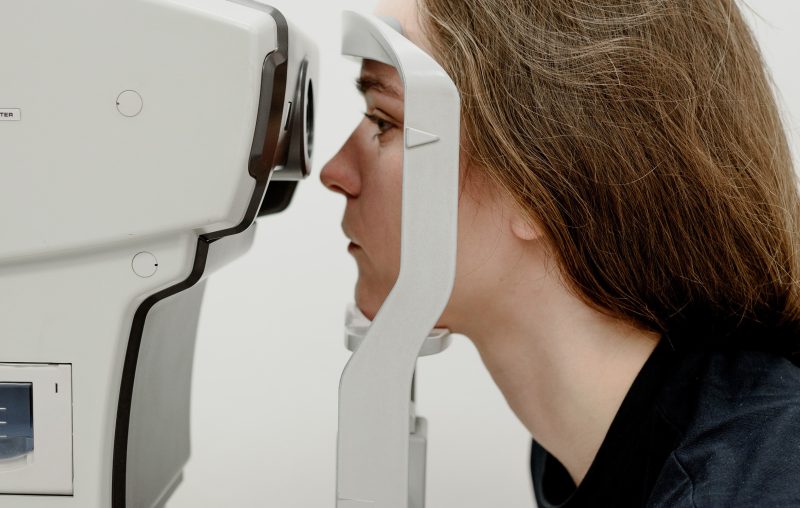




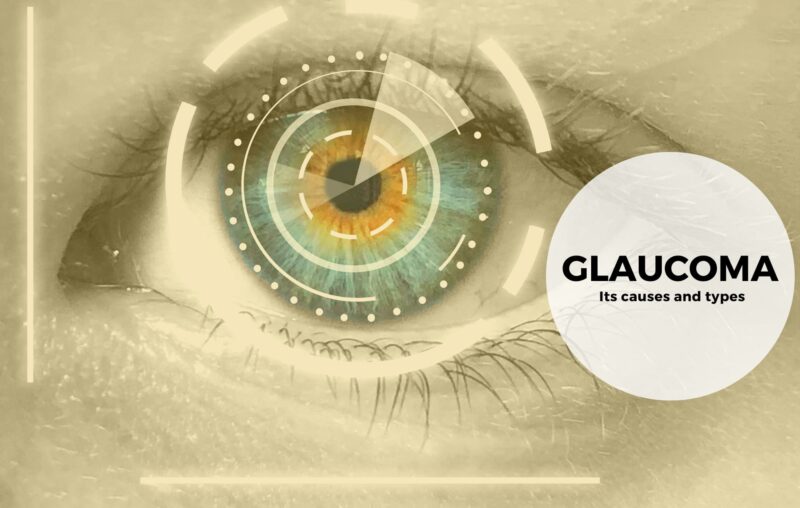
Glaucoma was coined from the Greek word glaukos, meaning bluish-green or bluish-grey and another Greek word glaucoma meaning “the lens's opacity.” It occurs when fluid builds up in the front part of the eye, subsequently increasing eye pressure and damaging the optic nerve.
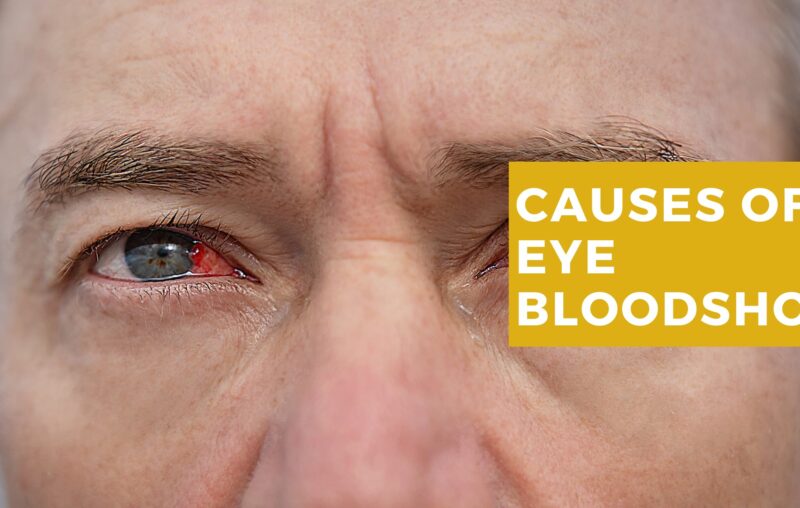
A bloodshot eye is a common condition that occurs when the blood vessels in the surface of your eyes rupture. This gives the whites of your eye a pink or reddish colour. Also, it can be known as "red-eye."
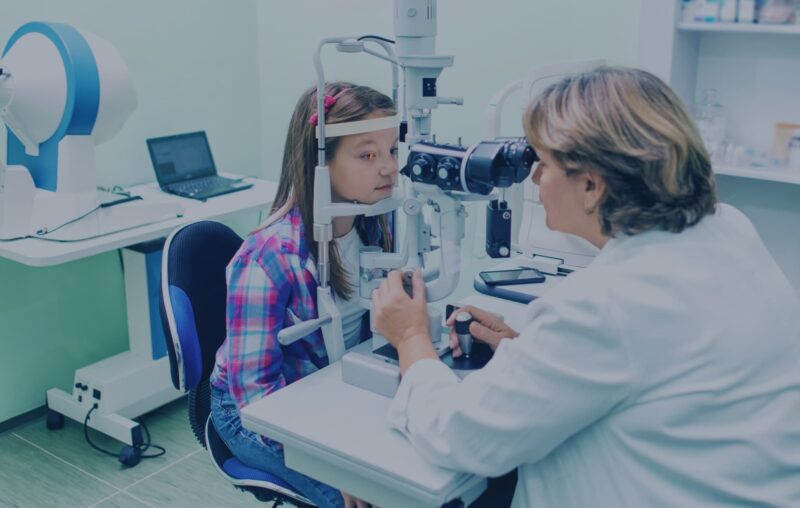
Vision loss is a fear for many people, yet eye tests are often an after-thought. Studies show that some health conditions can be detected through eye tests. The NHS recommends that we get our eyes tested at least once every two years. An eye test does more than check your vision.

It is time to take a keen look at your eye care routine to see eyecare mistakes you should look out for this lockdown. There’s no doubt that you use your eyes every waking moment, whether it's making lunch, driving to work, working in front of a computer, relaxing in front of the TV, or reading a book, your eyes help you steer through the day.

Diabetic retinopathy affects an estimated one-third of people with diabetes, also, the leading cause of blindness and vision loss in adults between 35-50. Retinopathy can affect all diabetics. When it reaches a critical stage, it becomes particularly dangerous, thereby, increasing the risk of blindness, if it is left untreated.
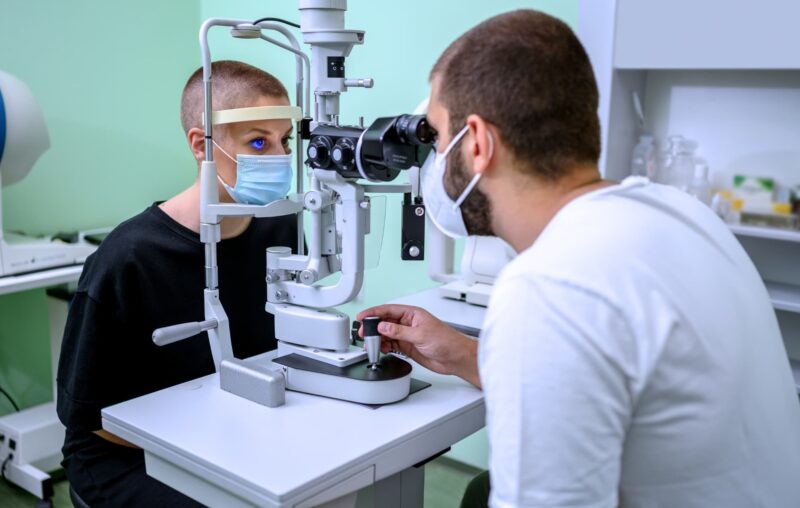
A dilated eye exam is the best thing you can do for your eye health! Since many eye diseases have no symptoms or warning signs, you could have a problem and not know it. Even if you think your eyes are healthy, getting a dilated eye exam is the only way to know for sure. Dilation is part of a thorough eye exam where your doctor uses special eye drops to keep your pupil open.

